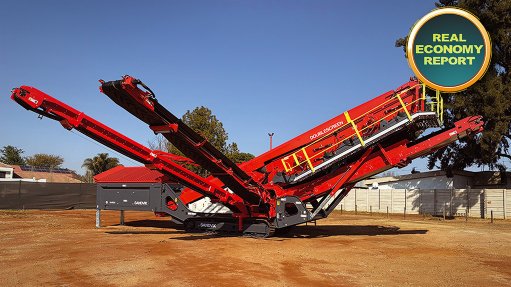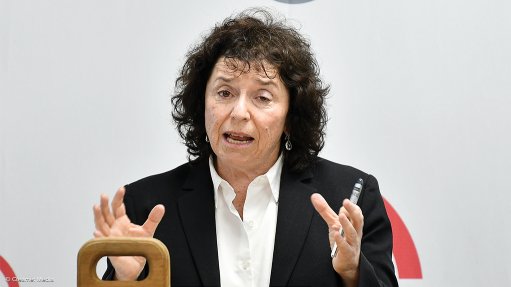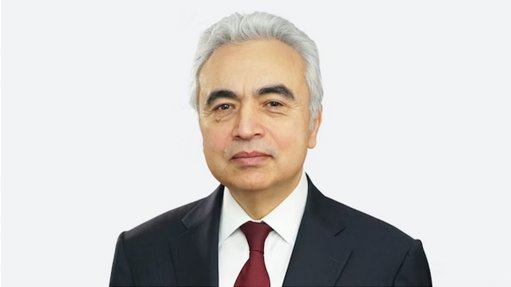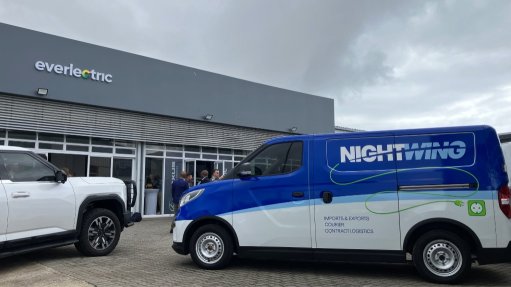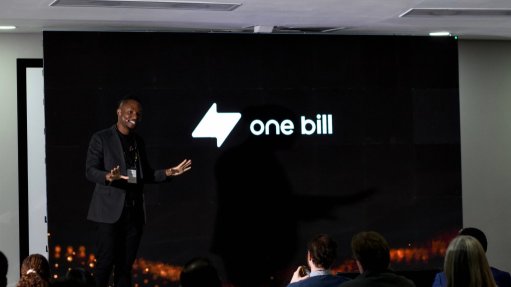N2 Wild Coast Toll Road megabridge projects, South Africa – update

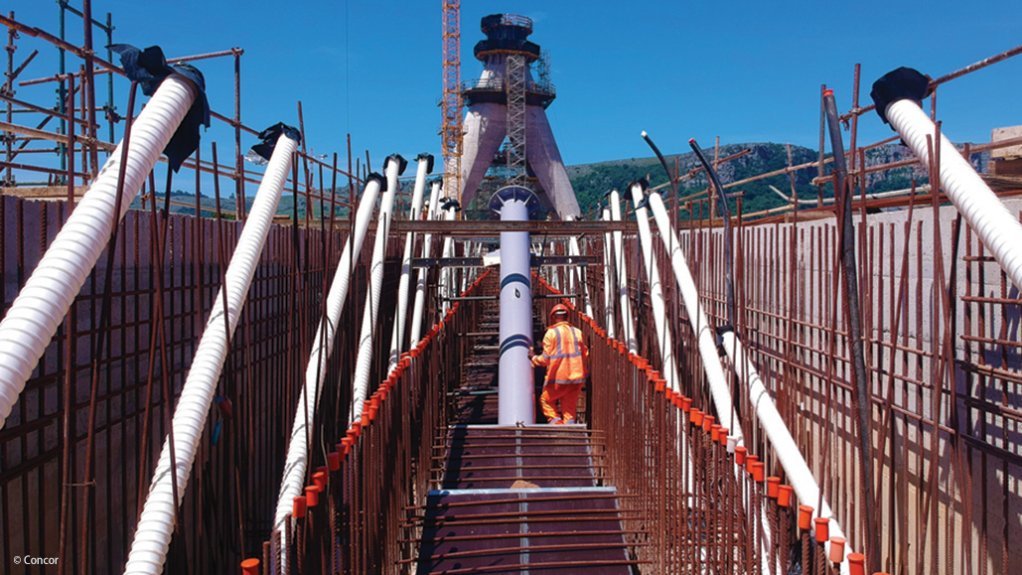
Photo by Concor
Name of the Project
N2 Wild Coast Toll Road (N2WCTR) megabridge projects.
Location
The bridges will be built over the Msikaba and Mtentu river gorges, both near Lusikisiki, in South Africa’s Eastern Cape province.
The Msikaba bridge is located on the N2, which connects the Western Cape, Eastern Cape, KwaZulu-Natal and Mpumalanga provinces, and traverses the cities and major towns of Cape Town, George, Gqeberha (formerly Port Elizabeth), East London, Mthatha, Durban and Ermelo. This includes a new greenfield section of 112 km between Port St Johns and Port Edward, including the two megabridges and several additional major river interchange bridges.
Only the new greenfield section of the project will be tolled. None of the sections between East London and Mthatha or between Mthatha and Ndwalane, near Port St Johns, will be tolled. The public participation process for the tolling of the greenfield section of the road is yet to start.
Project Owner/s
South African National Roads Agency Limited (Sanral).
Project Description
The Msikaba and Mtentu bridges form part of the N2WCTR project.
The 580-m-long Msikaba bridge will be the longest main span bridge in Africa – constructed using the cable-stayed method – and the second-longest main bridge span in Africa after the Maputo-Catembe suspension bridge, in Mozambique. With a deck height of 194 m above the river valley, Msikaba will become the third-highest bridge in Africa and the 133rd-highest in the world. The Msikaba bridge cable-stay design will ensure that the construction of the bridge will have no direct impact on the pristine gorge environment almost 200 m below, which is one of the environmental requirements in building the bridge.
The bridge is being built from the north and south banks of the gorge and comprises two identical halves, each spanning 290 m, which will meet midpoint over the gorge.
Each half is supported by 17 pairs of cables attached to the inverted Y-shaped pylons, one on each side of the gorge.
The pylons are back-stayed into the anchor blocks, two on either side of the gorge, by 34 pairs of cables – 17 for each half – positioned 130 m behind each pylon.
Each anchor block is 49 m long, a width of 10 m at the base (narrowing to 4 m on the spine of the structure), a depth of 17.2 m, and a mass of 21 500 t.
The 1.13-km-long Mtentu bridge, which includes a 260-m-long main span, will be one of the longest main-span-balanced cantilever bridges in the world. Only ten prestressed concrete girder bridges worldwide have a main span of 260 m or longer. Reaching heights of more than 220 m above the river valley, it will displace the Bloukrans bridge, in the Western Cape, as the highest bridge in Africa and the southern hemisphere. The 141-m-tall Pier No 9 (equivalent to a 40-storey building in height) will also be the tallest bridge pier in Africa and the southern hemisphere.
Being one of the longest main-span-balanced cantilever bridges and one of the highest bridges in the world makes the construction of the Mtentu bridge a technically highly challenging project. The remote location and local social dynamics add to this complexity.
Potential Job Creation
So far, the Msikaba project has created work for 137 unskilled local labourers and 372 jobs for skilled persons, of whom 190 are locals.
Capital Expenditure
The Msikaba bridge project will cost an estimated R1.65-billion and the Mtentu bridge project R3.5-billion.
Planned Start/End Date
The N2WCTR project started construction in 2011. However, the major greenfield portion of the route between Port St Johns and Port Edward started construction only in 2016.
Construction of the Msikaba bridge is expected to be completed at the end of 2024.
Provided that there are no significant delays on the Mtentu bridge project, the construction period is estimated to be 49 months, including a four-month mobilisation period.
Latest Developments
Concor-Mota Engil Joint Venture has almost completed the four massive concrete blocks that will anchor the Msikaba bridge in place.
The blocks represent the engineering on which everything else rests and precise blasting techniques were required for their bulk excavations. The blasted rock material was cleared out using 30 t excavators and articulated dump trucks supplied by local subcontractors.
Construction of the blocks has involved the placing of 4 100 m3 of structural concrete and 2 650 m3 of mass concrete, as well as the fixing of 200 t of reinforcement in the anchor blocks.
Every block was cast incrementally using 11 lifts, varying from 1.25 m to 1.75 m per lift.
“Since they are largely buried structures, they tend to be overshadowed by other, more dramatic elements of the bridge, such as the 127-m-high concrete pylons, but they are just as critical, and their construction has been challenging in many aspects,” Concor project director Laurence Savage has said.
Their construction has been under way almost since work on the Msikaba project began in earnest in late 2019.
They will reach completion shortly, just weeks before the deck is launched over the gorge.
Extensive lateral support has been installed in the side walls of the blocks.
Key Contracts, Suppliers and Consultants
Concor Mota-Engil, a joint venture between Concor Construction and MECSA Construction (Msikaba bridge contract); HVA Joint Venture (Msikaba and Mtentu bridge consultants comprising CH2M and SMEC); V3 Consulting Engineers (lead consultant – Ndwalane to Ntafufu and Kulumbe to Mtamvuna river); ERO Engineers (lead consultant – Ntafufu to Bambisana turn-off); Naidu Consulting (lead consultant – Bambisana turn-off to Lingeni); Aurecon Rohm consortium (lead consultants – Lingeni to Msikaba); Knight Pieésold (lead consultant – Msikaba to Mtentu); and KBK Engineers (lead consultant – Mtentu to Kulumbe).
Contact Details for Project Information
Sanral project manager Craig McLachlan, tel +27 41398 3200 or email MclachlanC@nra.co.za.
Comments
Press Office
Announcements
What's On
Subscribe to improve your user experience...
Option 1 (equivalent of R125 a month):
Receive a weekly copy of Creamer Media's Engineering News & Mining Weekly magazine
(print copy for those in South Africa and e-magazine for those outside of South Africa)
Receive daily email newsletters
Access to full search results
Access archive of magazine back copies
Access to Projects in Progress
Access to ONE Research Report of your choice in PDF format
Option 2 (equivalent of R375 a month):
All benefits from Option 1
PLUS
Access to Creamer Media's Research Channel Africa for ALL Research Reports, in PDF format, on various industrial and mining sectors
including Electricity; Water; Energy Transition; Hydrogen; Roads, Rail and Ports; Coal; Gold; Platinum; Battery Metals; etc.
Already a subscriber?
Forgotten your password?
Receive weekly copy of Creamer Media's Engineering News & Mining Weekly magazine (print copy for those in South Africa and e-magazine for those outside of South Africa)
➕
Recieve daily email newsletters
➕
Access to full search results
➕
Access archive of magazine back copies
➕
Access to Projects in Progress
➕
Access to ONE Research Report of your choice in PDF format
RESEARCH CHANNEL AFRICA
R4500 (equivalent of R375 a month)
SUBSCRIBEAll benefits from Option 1
➕
Access to Creamer Media's Research Channel Africa for ALL Research Reports on various industrial and mining sectors, in PDF format, including on:
Electricity
➕
Water
➕
Energy Transition
➕
Hydrogen
➕
Roads, Rail and Ports
➕
Coal
➕
Gold
➕
Platinum
➕
Battery Metals
➕
etc.
Receive all benefits from Option 1 or Option 2 delivered to numerous people at your company
➕
Multiple User names and Passwords for simultaneous log-ins
➕
Intranet integration access to all in your organisation









